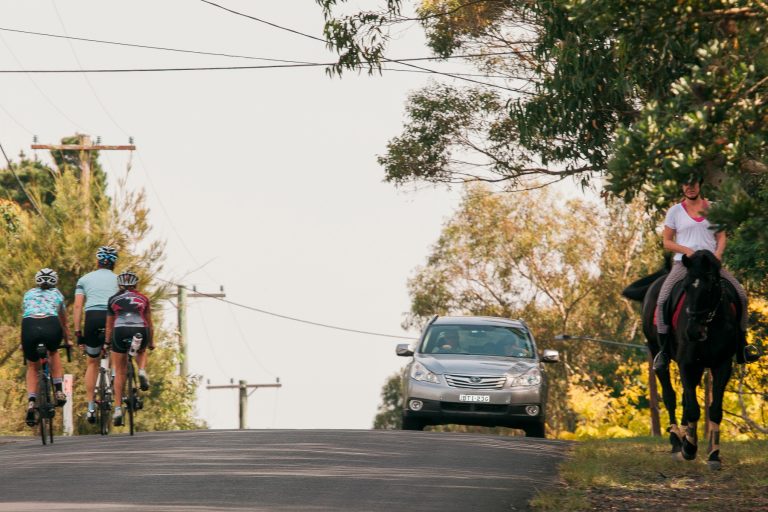If we want safer roads, behaviour change incentives need to be applied where the risk is created, instead of trying to ‘mop up afterwards’ with insurance.
Prevention beats hoping you might get your costs paid for if you’re killed or permanently disabled on the road. The problem is that our roads prioritise motor vehicle movement over over protecting people.

Removing or neglecting to build bike infrastructure, or introducing technologies like timed pedestrian crossings, endangers vulnerable road users.
Injury costs are spread amongst all drivers through insurance, and all taxpayers through the public health system. Last year 1226 Australians lost their lives on the road and 36,000 people are injured every year. If we don’t change anything these deaths and injuries will cost us $300 billion in the next decade.
Economist Dr Richard Tooth argues for changing the way insurance policies are structured to enable companies to charge higher risk drivers more. But this doesn’t incentivise individual drivers to obey the law or keep improving their skills. Chain of liability laws, trip monitoring and police enforcement are also focused on responding to poor behavior or accidents after they happen, which for many is too late.
What if an element of the insurance cost reduced for every year of safe driving, or for attending additional driver education refreshers or skills training courses? How about lower premiums for drivers whose vehicles have pedestrian sensors, or those who prove they are safer through installing ‘telematics’ technology that records how a vehicle is driven?
If a driver is caught breaking the law should re-education and testing be required as well as paying a fine and losing points on their driving license? This can happen with drink driving, but may work for other behavior like speeding or running red lights.
Bicycle NSW calls on the NSW Government to shift the emphasis and incentives on NSW roads in order to improve road safety.
“We want to see excellent driving behavior rewarded, and poor behavior stopped before it has a life-altering cost,” said Bastien Wallace, General Manager of Public Affairs.
